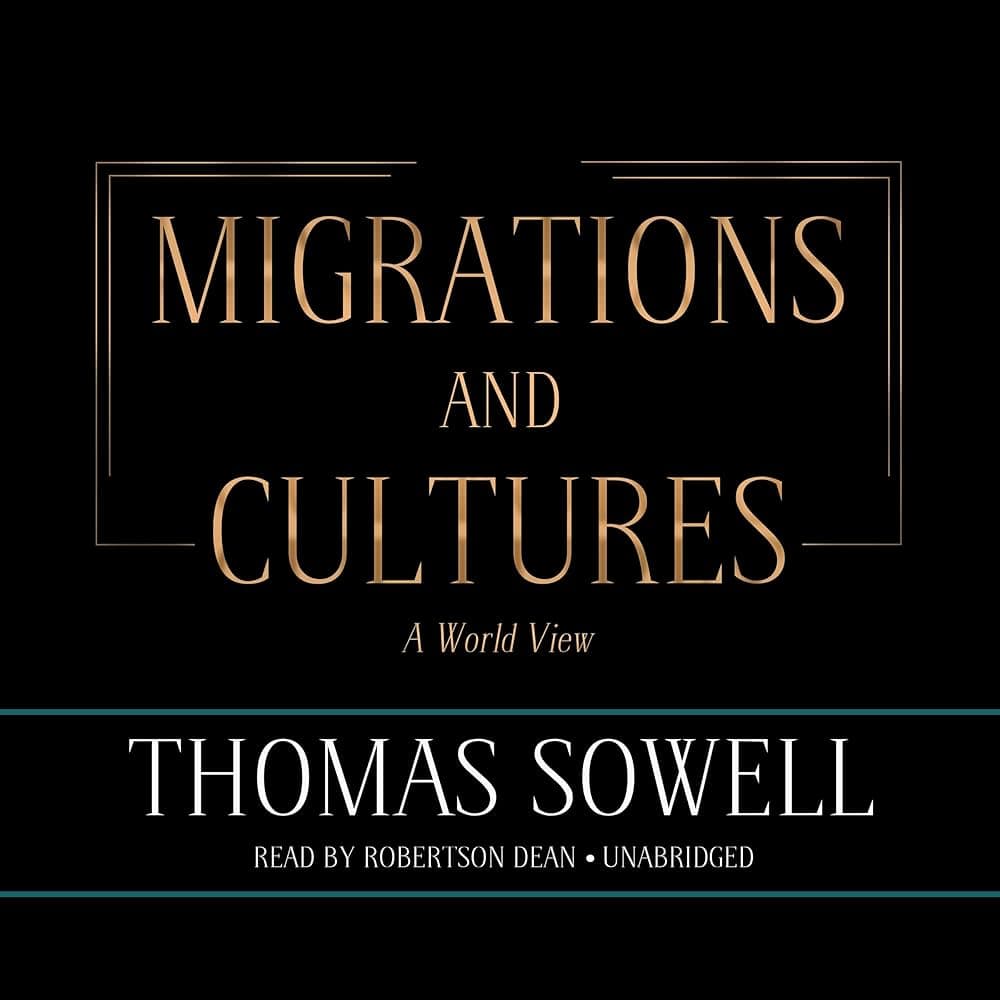Thomas Sowell's Extensive Research Shows Immigrants Frequently Enrich Host Nations

Economist and social theorist Thomas Sowell's enduring insights into immigration and national identity continue to resonate, as highlighted by a recent social media post from "Thomas Sowell Quotes." Sowell's comprehensive body of work, particularly in "Migrations and Cultures: A World View," meticulously examines historical patterns of immigrant groups globally, emphasizing their significant economic contributions and the complex interplay of culture and assimilation in shaping societies. These "timeless insights" offer a crucial perspective on ongoing migration debates.
Sowell's research consistently demonstrates that immigrants, even those arriving in poverty, frequently become prosperous in their new countries while simultaneously enriching host nations. As observed by Forbes, Sowell stated, > "Nothing is more common than to have poverty-stricken immigrants become more prosperous in a new country and to make that country more prosperous as well." He documented how diverse groups, including Italian, Chinese, Japanese, and Indian immigrants, often started with limited resources but built substantial economic capital and fostered new industries.
A cornerstone of Sowell's analysis is the crucial role of cultural capital, work ethic, and assimilation in immigrant success. He noted that while immigrants often face initial discrimination, their ability to adapt, learn new skills, and integrate into the economic and social fabric of their new home is paramount. Sowell has also expressed concerns that certain contemporary policies might inadvertently hinder this vital assimilation process, though objective indicators often show continued integration.
Sowell frequently challenges conventional narratives that attribute all societal disparities solely to discrimination, arguing that geographical, historical, and cultural factors play substantial roles. His works, including "Race, Culture, and Equality" and "Social Justice Fallacies," illustrate that even with equal opportunities, different groups may achieve disparate outcomes due to varying cultural backgrounds and priorities. He provides empirical examples of groups who rose to economic prominence through human capital and entrepreneurial drive.
Ultimately, Sowell posits that "The history of immigration in all its various forms is an important part of the history of the advancement of the human race," a sentiment echoed by National Affairs. His scholarly contributions underscore the dynamic nature of national identity, shaped not just by native populations but significantly by the diverse experiences and enduring contributions of those who choose to make a new country their home, driven by economic calculation and the universal pursuit of a better life. His work remains a vital resource for understanding human migration.